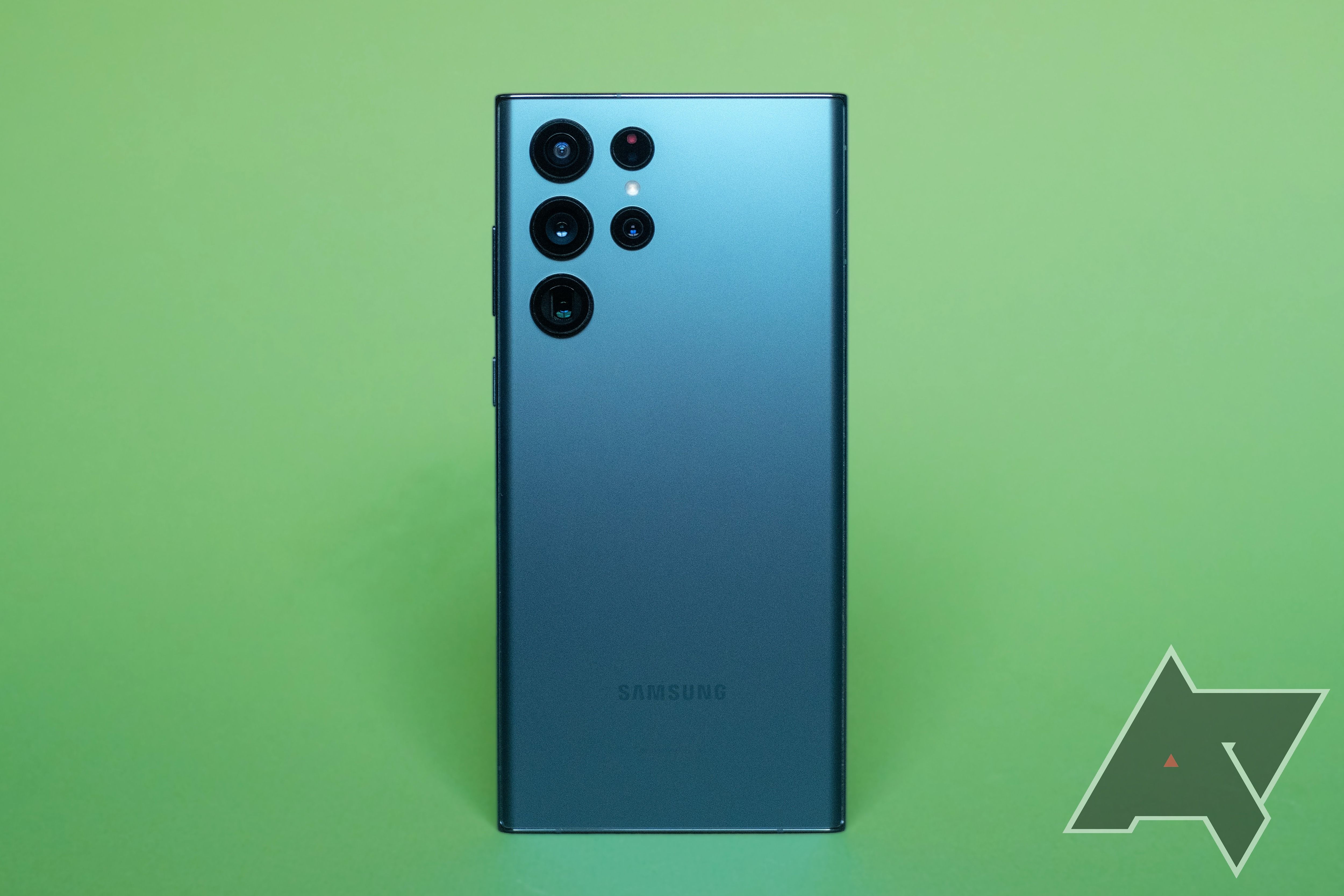Samsung has usually launched its flagship Galaxy S phone in two flavors: one with a Snapdragon chip for the US and select other markets and another with its in-house Exynos SoC for European and Asian regions. The Exynos variant has almost always performed worse than the Snapdragon model in performance and efficiency. Following the negative feedback, the Korean giant changed its strategy this year by expanding the availability of the Snapdragon 8 Gen 1-powered Galaxy S22 to more markets. Rumors indicated the company could follow a similar strategy for the Galaxy S23 next year and ditch its Exynos chip altogether, but that seemingly might not be the case.
Leaker Ice Universe claims (via GSMArena) that Samsung's Mobile eXperience (MX) division was disappointed with the Exynos 2200's performance in this year's Galaxy S22. Based on Samsung's 4nm EUV fab, the chip uses AMD's RDNA 2 GPU, but its performance and power efficiency are far behind the competition. Despite the continuously poor showing from the semiconductor division, the top bosses at the company still want to equip the Galaxy S23 with the in-house Exynos 2300 chip for select markets. If this rumor pans out to be true, the Korean smartphone maker could launch the Exynos 2300-powered Galaxy S23 in Europe. Other markets would get the Snapdragon 8 Gen 2 variant of the phone.
Samsung is already using the Snapdragon 8 Gen 1 chip in over 70% of the Galaxy S22 models shipped worldwide. The Exynos 2200-powered models account for the remaining 30% sold in Europe and select other markets. For next year, Qualcomm's CEO Cristiano Amon previously hinted that this number could grow exponentially next year, as both companies have extended and expanded their partnership until 2030.
Samsung is reportedly also working on a tailor-made SoC for its Galaxy phones, similar to Apple's A-series chips for iPhones. It could purportedly optimize the chip for its future Galaxy devices to deliver better performance and efficiency. But the exclusive SoC is not expected to arrive until at least 2025. Current Exynos chips are predominantly found in Samsung phones, but from time to time, they make their way inside phones from Vivo and Motorola.

